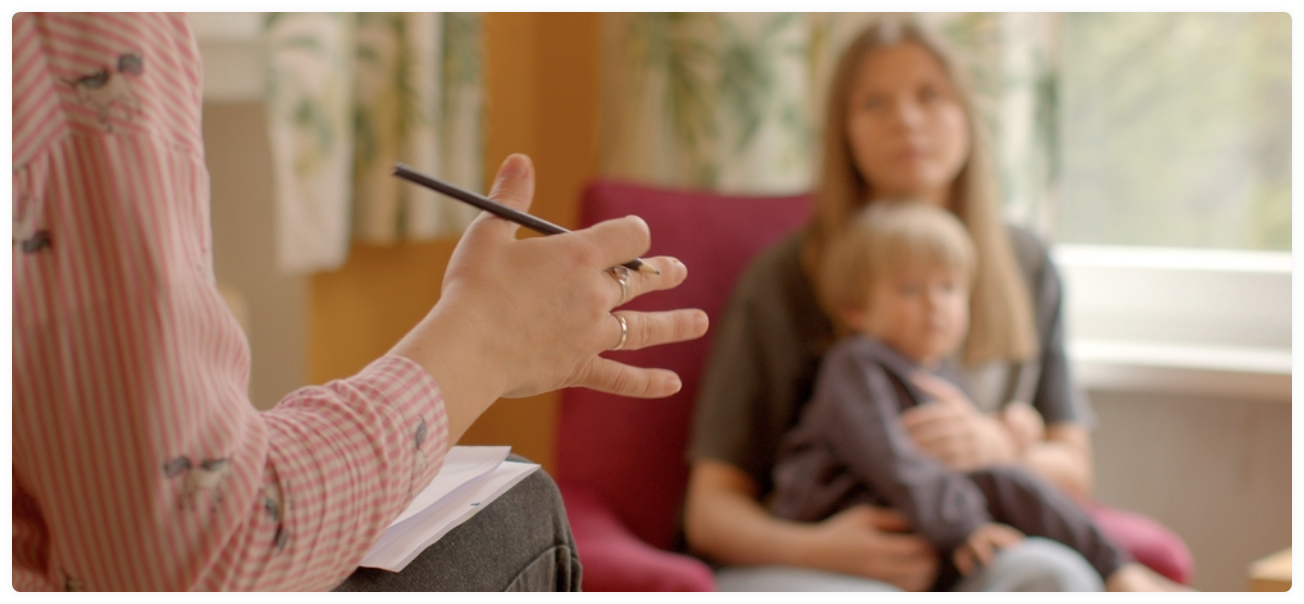Our dedication lies not just in treating symptoms but in addressing the root causes, offering a holistic approach that integrates the best of therapeutic practices with the warmth of community support.
Sensory Processing Disorder (SPD)
Understanding the Challenge
SPD is a neurological condition that occurs when the brain has difficulty receiving and responding to information from the senses. This can lead to individuals being overly sensitive to sensory input (such as sounds, lights, or textures) or under-responsive, requiring more stimulation to engage with their environment.
Living with SPD can make everyday situations overwhelming or difficult to navigate, but with proper support, you can learn strategies to manage sensory challenges.
Common symptoms of SPD include:
- Sensory Symptoms: Sensitivity to textures, sounds, lights, or movement, or a need for excessive sensory input.
- Behavioral Symptoms: Increased movement, fidgeting, meltdowns, or emotional outbursts in response to overwhelming sensory input.
- Emotional Symptoms: Irritability, anxiety, or difficulty regulating emotions in response to sensory experiences.
The Connection Between SPD and Problematic Technology Use
For people with SPD, technology can be a double-edged sword. On the one hand, digital devices can offer a controlled environment in which to escape overwhelming sensory experiences. On the other hand, excessive screen time can intensify sensory challenges and delay the development of healthier coping strategies.
Screens’ constant visual and auditory stimulation can cause sensory overload, making it difficult for people with SPD to process and respond to sensory input properly. Prolonged exposure to such stimuli may also impair the brain’s ability to regulate emotions, resulting in increased frustration or anxiety.
Another concern is the displacement of structured routines. Technology can interrupt daily habits that are important for people with SPD, such as physical activity, consistent meal times, or practicing mindfulness. This disruption can exacerbate feelings of imbalance and make sensory regulation even more challenging.
How CTRLCare Helps
At CTRLCare Behavioral Health, we take a compassionate and tailored approach to supporting individuals with SPD. Our treatment plans address sensory challenges and the role technology plays in their daily lives.
- Therapeutic Support: We offer sensory-focused therapies and evidence-based approaches like Cognitive Behavioral Therapy (CBT) to help you build emotional resilience and coping skills.
- Technology Wellness: Our programs focus on teaching families and clients how to adopt healthier technological habits, reduce sensory overload from screens, and establish structured routines.
- Family Involvement: Family support is vital for SPD treatment. We work closely with caregivers to develop strategies for creating sensory-friendly environments and fostering emotional growth.
- Ongoing Evaluation: We make sure to check in regularly to see how things are going and tweak treatment plans when necessary, so your child stays on the right path to reach their goals.
FREQUENTLY ASKED QUESTIONS
Your Questions Answered: Support and Guidance for SPD

APPOINTMENT
Get Your Online Consultation
Copyright 2026 CTRL Care | All Rights Reserved



